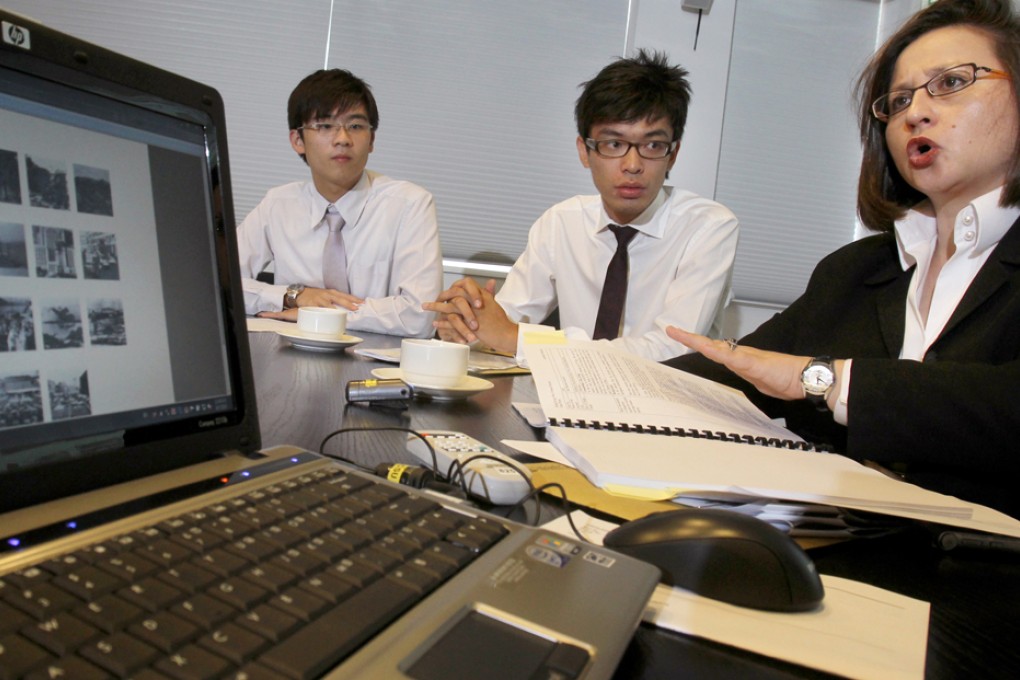Our young people need a more balanced education
As well as acquiring knowledge they should be developing social skills, like in the West

A few years ago, a distinguished scholar from an overseas university took up the presidency of a local university. He is a rather courteous and considerate individual. Whenever he goes through a door, he usually holds it open to let others go through first.
One day, as he was about to enter a building on campus, a steady stream of students was emerging from the other side after class. As usual, he held the door and let them come out first. And that went on for a minute or two, as there was a continuous flow of students out of the building.
He kept smiling and holding the door for them, but no one bothered to say thank you. They simply breezed past, more or less ignoring him.
On another occasion, I accompanied the president of an American university to visit Peking University, where she had been invited to give a talk on US liberal-arts education.
The talk lasted for about 45 minutes, followed by a question-and-answer session. Each of the dozen or so students who sought to ask a question would stand up, compliment the guest speaker politely in his or her own words, then ask a thoughtful or serious question - a question with depth, reflecting a good understanding of the content of her talk.
At dinner time that evening, she told me this was undoubtedly the most enjoyable lecture in her entire academic career.